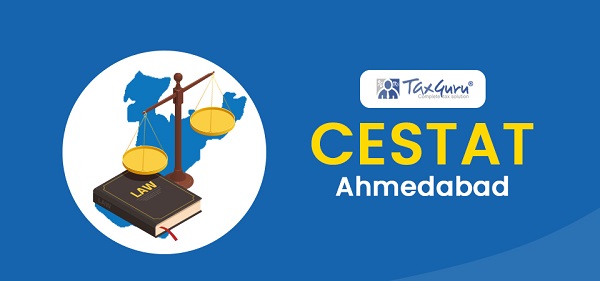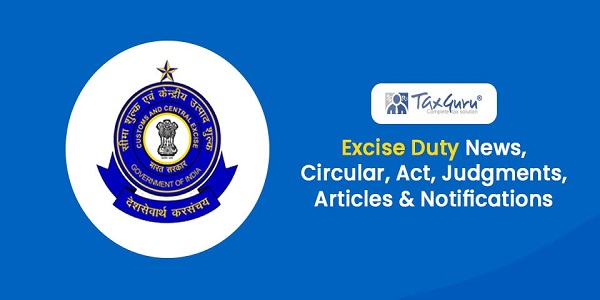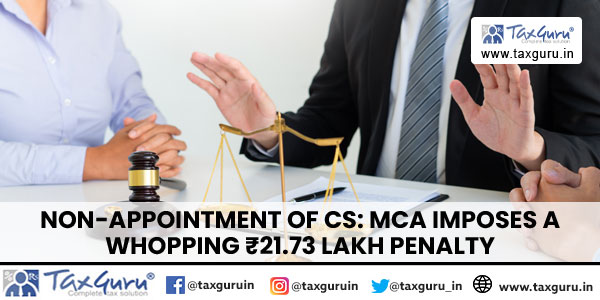Introduction
Section 80PA of the Income Tax Act, 1961 deals with the deduction allowed to an eligible assessee with respect to profits and gains from his business specified in the Schedule V to the Act. This provision permits the assessee to claim a deduction (in the form of a rebate) from the gross total income for the profits and gains derived from said business in respect of such year. Section 80PA has undergone significant changes in the recent years to provide additional relief and deduction to taxpayers. This article discusses the various provisions of Section 80PA of the Income Tax Act, 1961, as amended by Assessment Year (AY) 2023-24.
Page Contents
Scope and applicability of deduction under Section 80PA
Section 80PA is applicable to any taxpayer who is in receipt of profits and gains from a business specified in the Schedule V to the Act. Businesses specified in Schedule V include, but are not limited to, television broadcasting, radio broadcasting, research and development related to waterways and harbours, ship leasing, and coffee curing. The maximum deduction available under Section 80PA is capped at Rs.20,000 in a financial year.

Eligibility Requirements for deduction under Section 80PA
In order to be eligible for benefits provided by section 80PA of the Act, an assessee is required to fulfil certain conditions. It is pertinent to note that only an assessee who is engaged in any activity specified in the Schedule V can be eligible to claim the deduction. Businesses registered as companies or firms are also eligible to claim the benefits provided by Section 80PA.
Additionally, the assessee is required to maintain proper records, documents and accounts of his business income which clearly reflects the profits/gains he has been able to generate during the assessment year. An audit of the assessee’s books of account may be necessary to determine the exact amount of profits or gains derived from the specified business activity.
Calculations of deduction under Section 80PA
The profits and gains derived from a business mentioned in Schedule V are subject to deductions as provided under Section 80PA of the Income Tax Act, 1961. The deduction is calculated as the lower of the total profits and gains derived from the specified business or a maximum of Rs.20,000 in the assessment year.
For example, assume that the gross profits from a specified business activity registered under section 80PA is Rs.15,000. In this case, the deduction allowable would be Rs.15,000 only and not Rs.20,000 as the section does not allow the deduction higher than the gross profits itself.
Changes in deduction under Section 80PA for A.Y. 2023-24
There have been significant changes in the provisions of Section 80PA as amended by A.Y. 2023-24. The most notable change is that the maximum deduction allowed has been increased to Rs.50,000 and the maximum rate of deduction has been increased to 40%.
Furthermore, the types of businesses specified in the Schedule V have been modified to include new activities such as biotechnology, unconventional energy, integrated infrastructure, environmental infrastructure and clean energy.
In addition to this, the conditions regarding the maintenance of documents and accounts of the specified business activity has been relaxed and the audit requirement has been made optional. These changes are intended to provide additional relief to taxpayers and to encourage them to engage in businesses specified in the Schedule V.
Conclusion
Section 80PA of the Income Tax Act, 1961 provides a deduction from the gross total income for the profits and gains derived from certain specified businesses. The maximum deduction allowed under the Section has been significantly increased from Rs.20,000 in the previous year to Rs.50,000 and the rate of deduction has been increased from 30% to 40%. The types of businesses specified in the Schedule V of the Act have also been increased and the conditions regarding the maintenance of documents and accounts for the specified business activity have been relaxed. These changes are intended to provide additional relief to taxpayers and to promote businesses specified in the Schedule V.
*****
(Author can be reached at email address casharma.sharad2000@gmail.com or on Mobile No. 9990365673)
Disclaimer : “Neither this article nor the information contained herein shall in any way be construed as forming a contract or shall constitute professional advice required before acting upon any matter. CA Sharad Kumar Sharma has taken all due care in the preparation of this article for accuracy in its contents at the time of publication. However, no liability shall be accepted by him in the event of any direct, indirect or consequential damages arising out of or in any way connected with the use of this article or its contents. “
































